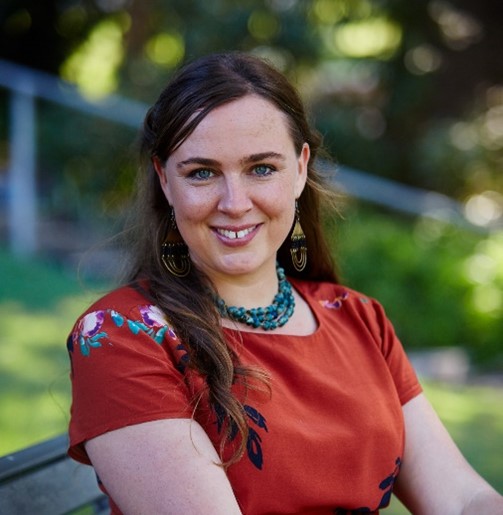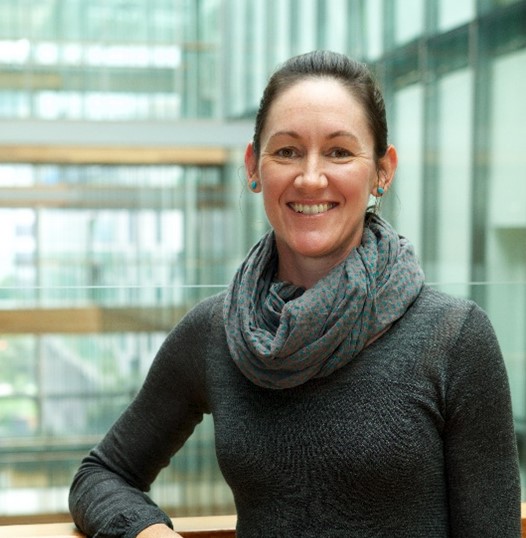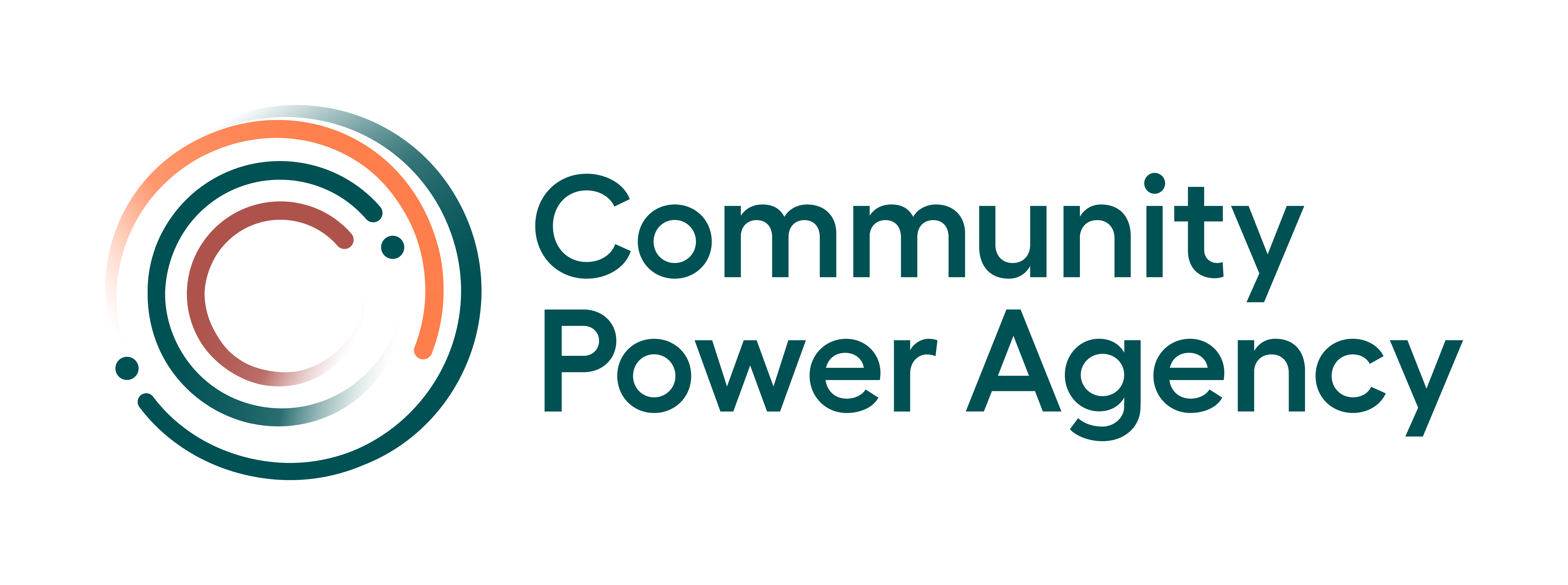Full course description
About this course
Course Snapshot
After completing this course, you will:
- Understand social licence and engagement principles.
- Gain strategic knowledge of the social context of renewable energy projects.
- Develop effective community engagement plans and evaluation methods.
- Learn how to engage meaningfully with First Nations communities.
- Explore benefit-sharing concepts and options.
- Understand legal and financial models for co-investment and co-ownership.
- Learn to form partnerships for local economic development (e.g. procurement, employment and legacy initiatives).
- Acquire skills to manage tricky situations and handle complaints.
- Understand opportunities and challenges for balancing nature conservation and renewable energy development.
This course is structured into two modules, covering:
- Module 1: Community Engagement
Effective community engagement is essential for the success of renewable energy projects. This module explores the foundations of social licence, the importance of understanding the social context, and the principles of meaningful engagement and participation. Participants will also learn strategies for deepening engagement with First Nations communities and how to develop and evaluate effective engagement plans. Through real-world examples and best-practice frameworks, this module equips practitioners with the skills to build trust, foster genuine collaboration, and navigate the complexities of community engagement in renewable energy development.
- Module 2: Creating Benefit
Renewable energy projects have the potential to deliver lasting benefits for communities. This module explores different approaches to benefit sharing, ensuring that projects generate positive social and economic outcomes. Participants will examine co-design processes and governance structures, as well as co-investment and co-ownership models that enable greater community participation. The module also covers strategies for preparing communities for the energy transition, including employment and procurement opportunities, and affordable housing solutions to support the transition. Additionally, it addresses best practices for shared land use and biodiversity conservation. By the end of this module, participants will have the tools to design projects that are both socially responsible and locally beneficial.
This course is designed for people shaping the renewable energy transition - whether you're working in industry, government, or with communities. Ideal participants include:
- Renewable energy practitioners in project development, management or engagement roles
- Policymakers at local, state or federal levels
- Community leaders, advocates and local government officers working to secure positive outcomes for their regions
Whether you're influencing policy, designing projects, or advocating for community interests, SRRED will equip you with the tools to deliver more responsible, inclusive renewable energy development.
Upon successful completion of the course, participants will receive a Digital Badge in Socially Responsible Renewable Energy Development.
This course is fully self-paced, allowing participants to complete the two online modules at their own convenience. There are no required live sessions—once both modules are successfully completed, including the associated workbook, participants will be eligible for a digital badge.
For those looking to deepen their learning and connect with peers, an optional SRRED Exchange community of practice is available at no cost. The Exchange offers live online support sessions, providing opportunities to engage with fellow participants, discuss key concepts, and enhance learning outcomes.
Jarra Hicks

Jarra is a founding Director of Community Power Agency, based in Biripi County, NSW. With 15 years of experience in community energy, she bridges the gap between community, corporate, NGO, academic, and government sectors to foster positive social engagement in the renewable energy transition.
Her expertise includes community engagement, business model design, facilitation, policy development, and partnership building, both in Australia and internationally. Jarra has been facilitating this course for the past 5 years, drawing on her extensive experience. She holds a PhD in Law and Built Environment from UNSW and a Bachelor of Development Studies (First Class Honors) from the University of Newcastle. Her research and work have shaped industry benchmarks in social justice, community engagement, and benefit sharing within the energy sector.
Elizabeth Noble

Elizabeth is a Director at Community Power Agency, leading key projects such as the Socially Responsible Renewable Energy Development course, which she has coordinated for the past 5 years. With over twenty years of experience in the environmental and sustainability sectors, Elizabeth is deeply committed to fostering community engagement in the energy transition, ensuring both environmental and social benefits.
Elizabeth has worked across the public, private, and not-for-profit sectors in Australia, the UK, and Asia, with roles in project management, sustainability advising, and environmental education. Her expertise includes education for sustainability, energy efficiency, and community energy. Elizabeth holds a Master of Environmental Science and a Certificate in Environmental Education and is currently based on Djabugay country in North Queensland.


